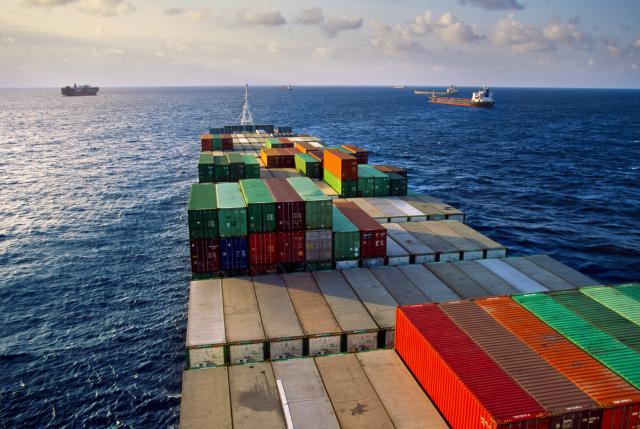Whistleblower Disclosure Leads to Three Crew Members Convicted and $2 Million in Criminal Penalties for the Vessel Operator

Three whistleblowers could be eligible for up to 50% of the $1,000,000 fine issued to Aegean Shipping Management SA for violations of the Act to Prevent Pollution from Ships.
The disclosures by the whistleblowers resulted in the conviction of two vessel engineers, criminal penalties for the vessel operator and conviction of the ship’s captain.
Aegean Shipping Management SA (“Aegean Shipping”) is the operator of the Liberia registered T/V Green Sky, a 36,263 gross ton ocean-going vessel, that operates as a petroleum and chemical tanker. On August 26, 2015, after the ship arrived in South Carolina, three crew members reported to the U.S. Coast Guard that on multiple occasions they had bypassed the ship’s Oily Water Separator (“OWS”) and illegally discharged large amounts of oily bilge water overboard. These discharges were not recorded in the vessel’s Oil Record Book. Furthermore, when the Captain of the vessel was interviewed, he falsely stated that he had no knowledge of any bypass of the OWS.
On November 22, 2016, Aegean Shipping pleaded guilty to one count of violating the Act to Prevent Pollution from Ships (“APPS”) for the knowing failure to maintain an accurate Oil Record Book for the T/V Green Sky (33 U.S.C. § 1908(a), 18 U.S.C § 2) and one count of obstruction of an agency proceeding (18 U.S.C § 1505). The defendant was sentenced to a thirty-six (36) month term of probation and fined $800 special assessment fee, a criminal fine in the amount of $1,700,000, and a community service payment in the amount of $300,000 to be paid to Gray’s Reef National Marine Sanctuary Foundation in Georgia. The whistleblowers could be entitled to a reward up to $500,000 of the $1,000,000 fine for violating one count of APPS.
Subsequently, two vessel engineers, Herbert Julian and Panagiotis Koutoukakis, were convicted after a fifteen-day trial for violations of APPS. Koutoukakis was also convicted for falsifying records. The Captain was previously convicted and has yet to be sentenced.
Whistleblowers are critical to detecting ocean pollution crimes. “Ocean pollution, especially pollution in the middle of the ocean, would be nearly impossible to prove without the evidence provided by whistleblowers,” said Stephen M. Kohn, Partner at Kohn, Kohn & Colapinto, LLP who also serves as the Executive Director of the National Whistleblower Center.
Furthermore, whistleblowers take great personal and financial risks in reporting illegal activities, including jeopardizing their employment. As stated in the Government’s Motion for Statutory Award, “… a crewmember who reports illegal conduct faces potential reprisal, such as the possibility that he will lose gainful employment and be barred from working in the marine shipping industry in the future.”
Rewarding whistleblowers incentivizes other crew members to come forward and report illegal activities on ships in the future.
Latest News & Insights
November 19, 2025




